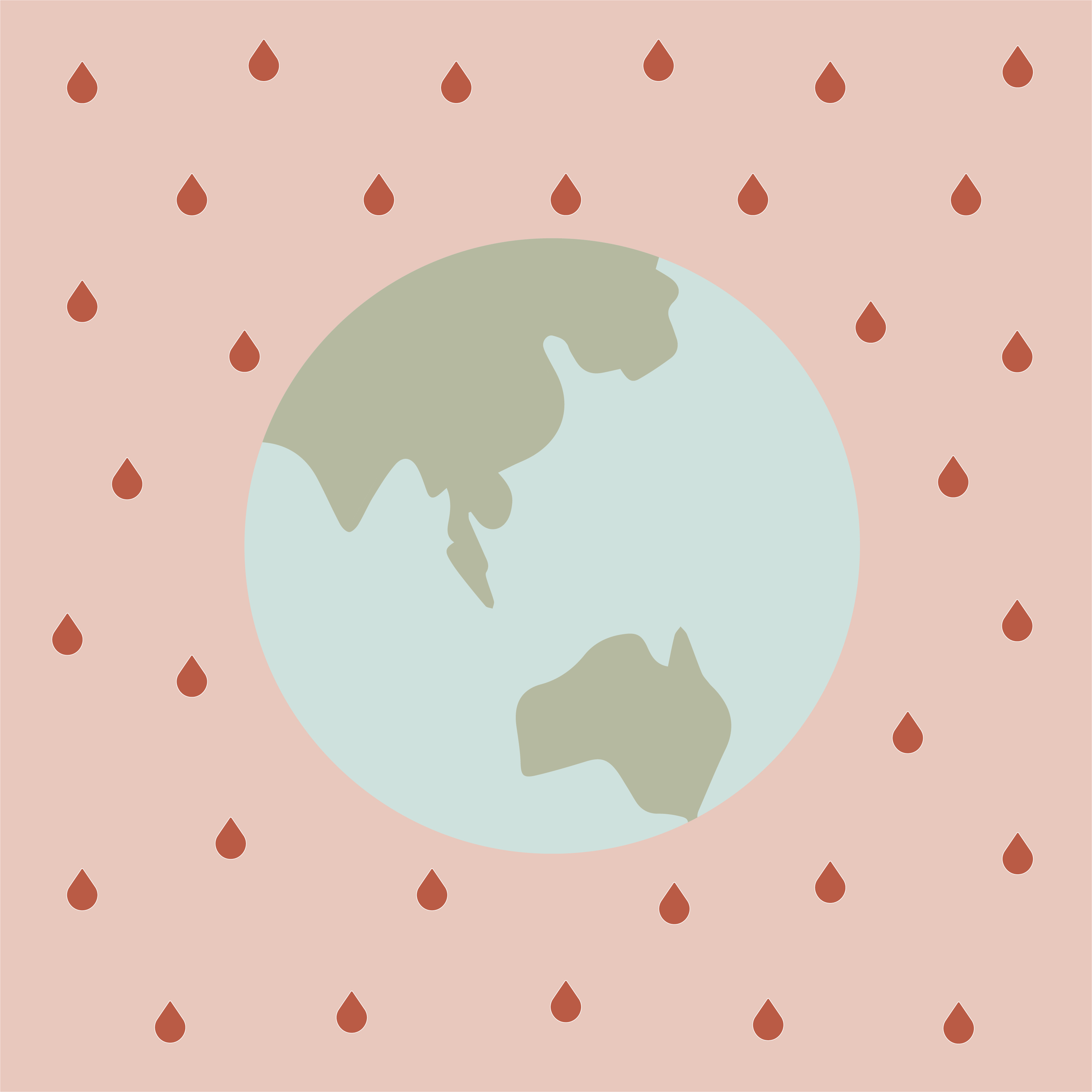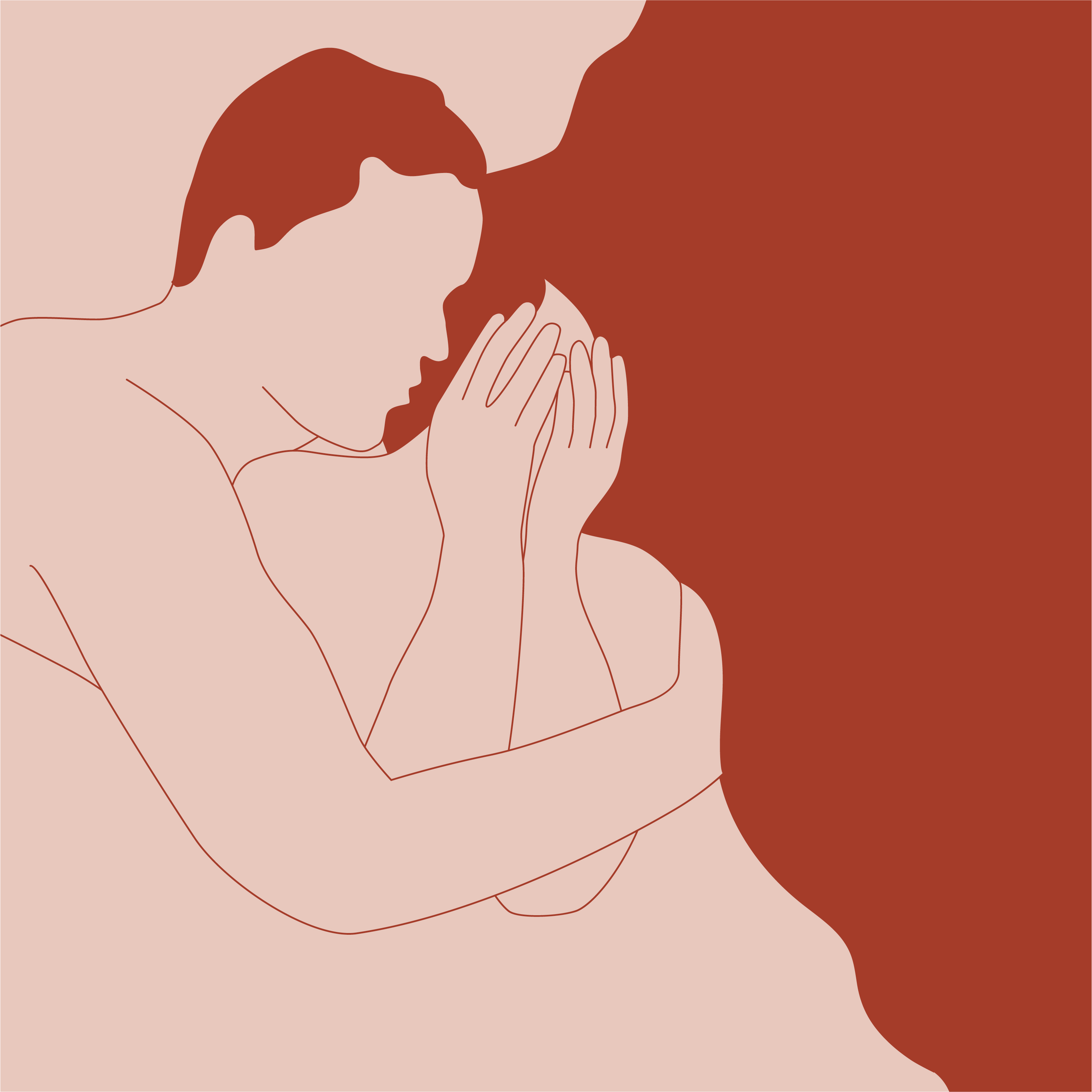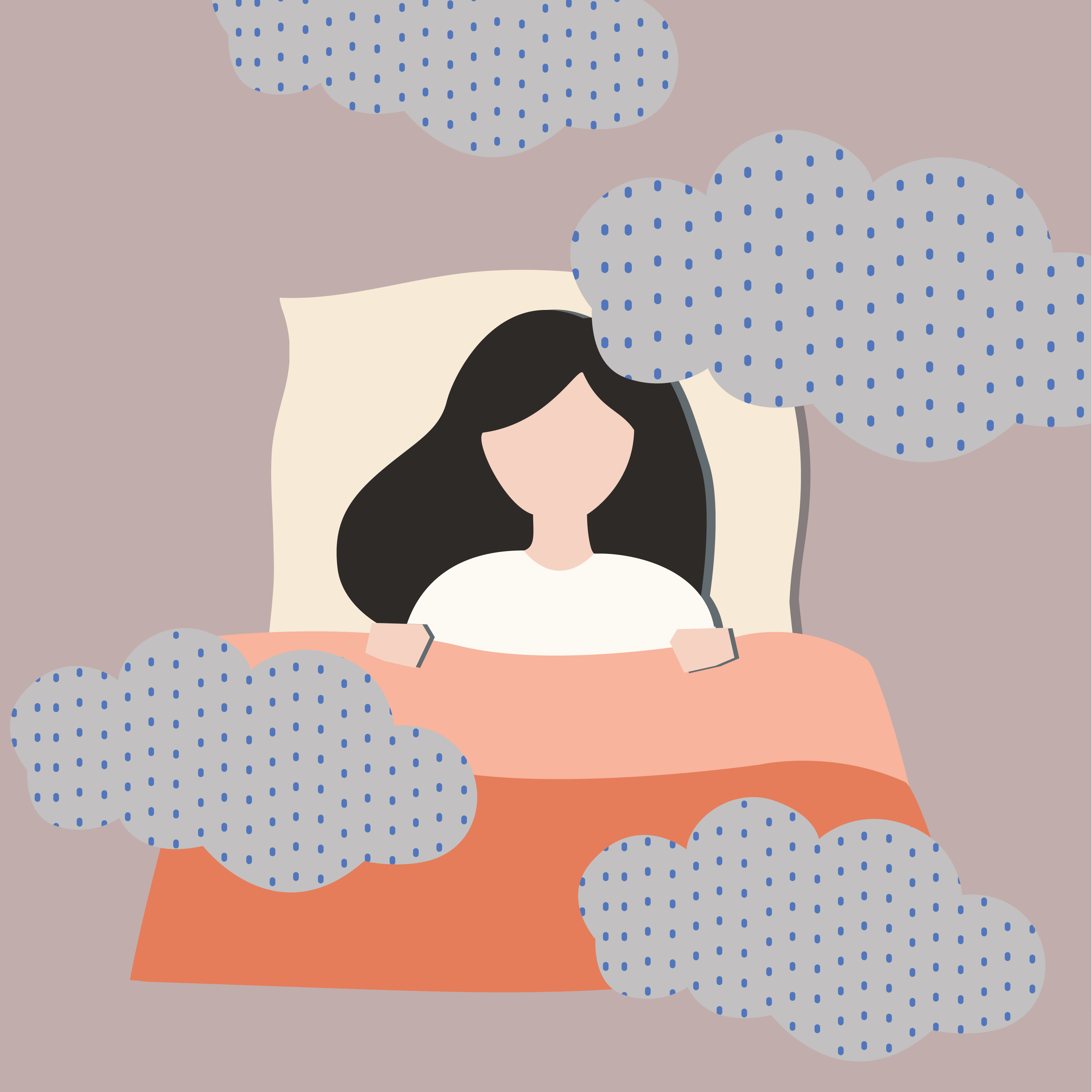Nov 23, 2017
GRANT FINALIST: SHIFRA
It’s been a 13-year journey for Rebeccah Bartlett founder of web app Shifra, who’s passion for helping women achieve autonomy over their bodies saw her created a platform for women the world over.
Having studied public health, nursing and midwifery, reproductive health in refugee and emergency settings, and working for family planning in Canberra, Bartlett knew that this space was where she wanted to be.
As one of the seven finalists of our Female Empowerment Grant, we sat down with Rebeccah to hear more…
What is Shifra?
Shifra is a web app that is designed for women of all ages, but particularly for women of reproductive age that are able to access reproductive health in their language.
Tell us about the moment Shifra was brought to life?
I received a scholarship to do my public health degree in the US and was doing a course on mobile health and how we use mobile phones in Africa and India to reach communities that have two or three-day trips between health workers.
I was watching the Syrian refugee crisis unfold in the Mediterranean and I was watching women come on shore with tiny little babies, some of them making it, some of them not. I couldn’t understand why we weren’t using that same technology in that setting to connect those women to reproductive health services to contraception to family planning to, even children’s vaccinations… things like that.
I reach out to different organisations who work in refugee health space and I said “who’s doing mobile health’ and they said “no one”. At that point, I sort of said, “I can’t wait any longer, I’ve got an idea and I’m going to start working on it. And that’s how it started!
This is only two years ago, and mobile health is still a relatively new field. Thankfully it’s getting bigger, but still not so much in the refugee space.
What does female empowerment mean to you?
Ultimately having the ability to make an informed decision about what happens to your body.
Female empowerment to me, is more than women having the same seat at the table. It’s about women feeling, at every level autonomous over their own bodies, their own decisions, being able to stand up for themselves and not have to worry about the repercussions.
How central to Shifra is empowerment?
It’s literally everything that we do…
Our end goal is not only to get empowerment; our process is empowerment.
The women that work on the project from refugee and migrant backgrounds or even the ones who aren’t, learn the process of what we’re doing. They get to learn coding, monitoring and evaluation in public health, they get to learn the whole way through.
It’s really important for women to be seen as strong women not just being recipients of beneficiaries but being active designs in the process as well.
What was the gap that you were trying to fill with Shifra?
If you’re looking for services or information around sexual reproductive health in any spectrum, information is almost entirely English. It’s almost entirely worded or literate and when in another language it’s almost just been Google Translated.
Then you’ve got the cultural nuances on top of that, but most importantly you’re required to know someone who can navigate English to get you something in another language. It’s just not realistic or practical.
As soon as you access Shifra, the home page in your home language and there is important information for you as well as two-minute videos, on ‘this is why family planning’s important’ or ‘this is what happens when you take your child to the family health nurse to the maternal health nurse’ in your language. It’s so important, especially for women who cannot read. This is a safe and unintimidating platform.
Tell us, what you would do if you were successful in winning our Female Empowerment Grant?
In shorthand, try to revolutionise Shifra, but at the moment we are so desperate to create further resources, like the videos mentioned.
No one on the project gets paid including myself, but I won’t let a refugee be uncompensated, so all of any funding we’ve had to this point goes to the refugees and immigrants who have been involved. A lot of funding would go into just making sure these women are not turning up for free, their time is just as valuable as mine.
And things that we think don’t cost money like…I might compensate her $50 at time but I also have to think about childcare. She’s bringing her three children. And once you have more than five children in a room, you need a child care worker and things like that! But that’s the cohort of women I want to work with and I want them to bring their kids, I want to feel safe. So, I need to make sure that I’m budgeting for that.
Then ultimately there’s so many resources out there like this that just don’t exist. If you look up sexuality or LGBT issues in Arabic, nothing exists. So, finding a way to work with Arabic centers and create resources that are appropriate and respectful, but also in another language, that’s where our funding will go.
On top of all of that we have to create an infrastructure so we can so we can continue sustainably.
What else are you doing to make this more accessible to those in need?
Shifra is constantly evolving and reaching out to new communities.
We do a lot of user testing and we reach out to everyone. Within two weeks from our launch I had a woman from the sex work industry contact me and say “where’s your sex work section”. I can’t believe that I forgot that. So, I emailed her straight back and asked if we could meet for a coffee, so she could help me to design it!
Those things like that are saying, we’re not finished, we’re not perfect, help us keep remodeling.
What does the word ‘Shifra’ mean?
Shifra was one of the first midwives in history who helped women prevent babies from being drowned by Pharaohs.
Shifra always resonated with me but I was initially terrified of using a Hebrew word when we’re launching in Arabic because I didn’t know there were connotations there. We did so much testing. We asked about 30 or 40 different Arabic speaking women from all levels of education and economic background and they gave it the ok!
Even with all that testing I still wasn’t convinced until two days before we launched I was going over why I started this, and I remember seeing this photo of this woman in the water holding a baby in the Mediterranean as her boat suck and I remembered the story of Shifra and it just connected.
It’s got so many levels of meaning. You know I resonate with the midwife part and protecting children from near death. Actually, it’s funny because Shifra actually means ‘Code’ in Arabic which I didn’t know at first. But it’s such a big part. You can speak in code and it’s so important that these women are represented in numbers because they haven’t been until now.
Photo of Rebeccah courtesy of Your Creative taken in the TOM office garden.
Blogs

Jun 08, 2022
EXPLORING PERIOD CARE IN CULTURES AROUND THE WORLD
Our TOM Talks panelist Sabina McKenna explores how different cultures around the world approach period care.
Read More
Jun 08, 2022
STOP APOLOGISING FOR HAVING YOUR PERIOD
Our TOM Talks panelist Mel Mason talks about the importance of not apologising for having your period.
Read More
Jun 07, 2022
STRESSED? NOT SLEEPING? TRYING TO CONCEIVE?
TOM Talk's panelist Georgia Hartmann discussed the links between stress, sleep and fertility.
Read More
Jun 07, 2022
STRESS AND HOW IT AFFECTS YOUR SEX DRIVE
Certified sex coach Georgia Grace is here to unpack the link between stress and sex.
Read More